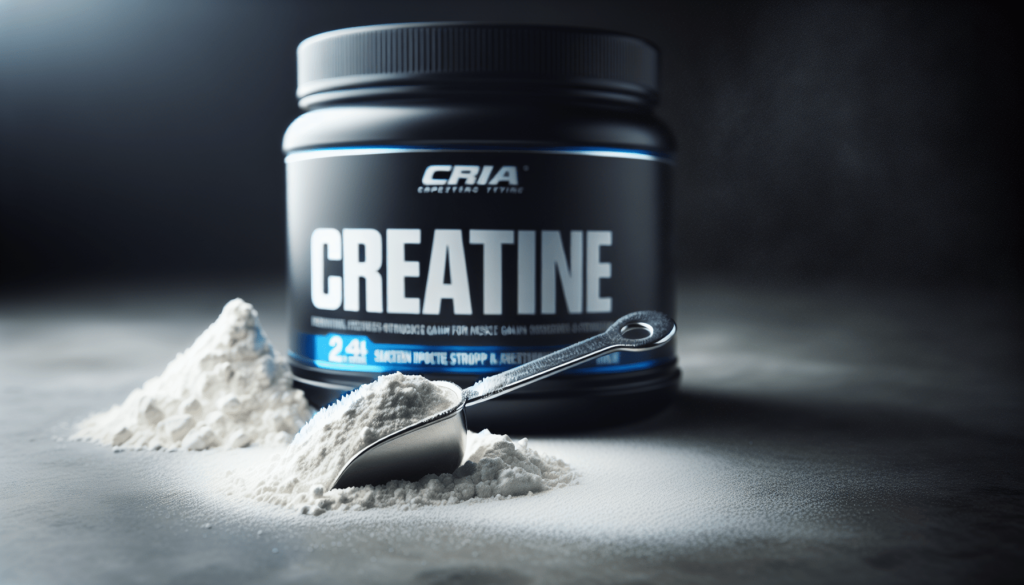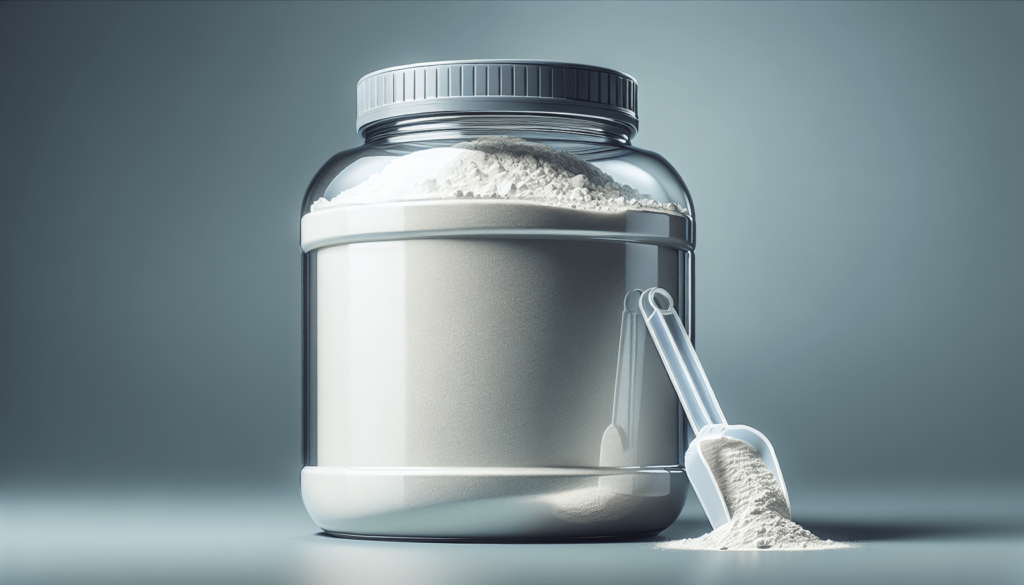Creatine supplementation can greatly benefit muscle gains and strength when taken correctly. It is important to stick to one form of creatine, like creatine monohydrate, to ensure adequate dosages. Proper hydration, avoiding excess caffeine, and focusing on resistance workouts can optimize the benefits of creatine supplementation.
Remember, while creatine can enhance performance, it is not a miracle worker. It takes time for creatine stores to build up in muscles and show effects on strength and size. Stay consistent with your supplementation, maintain proper hydration, and pair creatine with appropriate workouts for the best results in maximizing your muscle gains and strength.
Introduction to Creatine Supplementation
Creatine supplementation refers to the intake of creatine, a naturally occurring compound in the body, through dietary supplements. It is widely popular among athletes, bodybuilders, and fitness enthusiasts for its reported benefits in maximizing muscle gains and enhancing strength.
Benefits of Creatine for Muscle Gains
Enhanced Strength
Creatine is known to increase strength levels, especially during high-intensity, short-duration exercises like resistance training. By boosting the body’s creatine levels, muscle cells can generate energy more efficiently, leading to greater strength output.
Increased Muscle Size
Supplementing with creatine has been shown to promote muscle growth, resulting in increased muscle size over time. This is particularly beneficial for individuals looking to build lean muscle mass and improve their physical appearance.
Improved Body Composition
Utilizing creatine supplements can aid in improving body composition by increasing muscle mass and reducing body fat percentage. This can contribute to a more toned and defined physique, making it a popular choice for those seeking aesthetic improvements.

Choosing the Right Form of Creatine
Recommendation for Creatine Monohydrate
Creatine monohydrate is a well-researched and widely utilized form of creatine, known for its effectiveness and safety. It is recommended to stick to one form of creatine, such as creatine monohydrate, to avoid inconsistent dosages and maximize its benefits.
Avoiding Insufficient Dosages
Ensuring that you are taking creatine consistently and at the correct dosages is essential to experience its full benefits. Insufficient dosages can lead to underwhelming results and hinder your progress in achieving your fitness goals.
Training and Creatine Use
Focus on Resistance Workouts
Creatine is most beneficial when paired with resistance workouts that utilize short bursts of energy, such as weight training. These types of exercises help optimize creatine usage and enhance strength and muscle gains.
Benefits of Anaerobic Training
Anaerobic training, which involves high-intensity, short-duration activities like sprints, can also amplify the benefits of creatine supplementation. By engaging in anaerobic exercises, you can further enhance the effects of creatine on muscle performance.

Hydration and Creatine Supplementation
Importance of Adequate Hydration
Maintaining proper hydration levels is crucial when supplementing with creatine. Adequate hydration supports the body’s ability to absorb and utilize creatine effectively, maximizing its benefits and preventing potential side effects.
Factors to Avoid for Optimal Creatine Use
Limiting Caffeine Intake
Consuming excessive amounts of caffeine can hinder the absorption and effectiveness of creatine. Caffeine acts as a diuretic, potentially leading to dehydration and interfering with the body’s ability to utilize creatine properly.

Creatine Mixing with Protein
Compatibility with Protein Consumption
Creatine can be safely consumed alongside protein supplements without any adverse interactions. Both creatine and protein play complementary roles in enhancing performance, muscle growth, and recovery, making them an ideal combination for overall fitness goals.
Safety and Effectiveness of Creatine Supplementation
Correct Usage for Safe Supplementation
When taken as directed and in recommended dosages, creatine supplementation is considered safe and effective. It is important to follow dosing instructions, stay adequately hydrated, and monitor your progress to ensure positive outcomes.
Natural Sources of Creatine
Creatine Found in Foods
While supplementation is a popular choice, creatine can also be naturally found in various foods, particularly animal-based sources. Incorporating creatine-rich foods into your diet can provide additional benefits without the need for supplementation.
Non-Necessity of Supplementation
Supplementing with creatine is a personal choice, as the compound can be obtained through natural dietary sources. Depending on individual goals and preferences, some individuals may opt to incorporate creatine-rich foods into their diet instead of relying solely on supplements.
Conclusion
Creatine supplementation offers a range of benefits for individuals looking to enhance muscle gains, strength, and overall performance. By choosing the right form of creatine, engaging in appropriate training methods, staying hydrated, and avoiding common pitfalls, you can maximize the positive effects of creatine on your fitness journey. Whether through supplementation or natural dietary sources, creatine can be a valuable tool in achieving your health and wellness goals.
